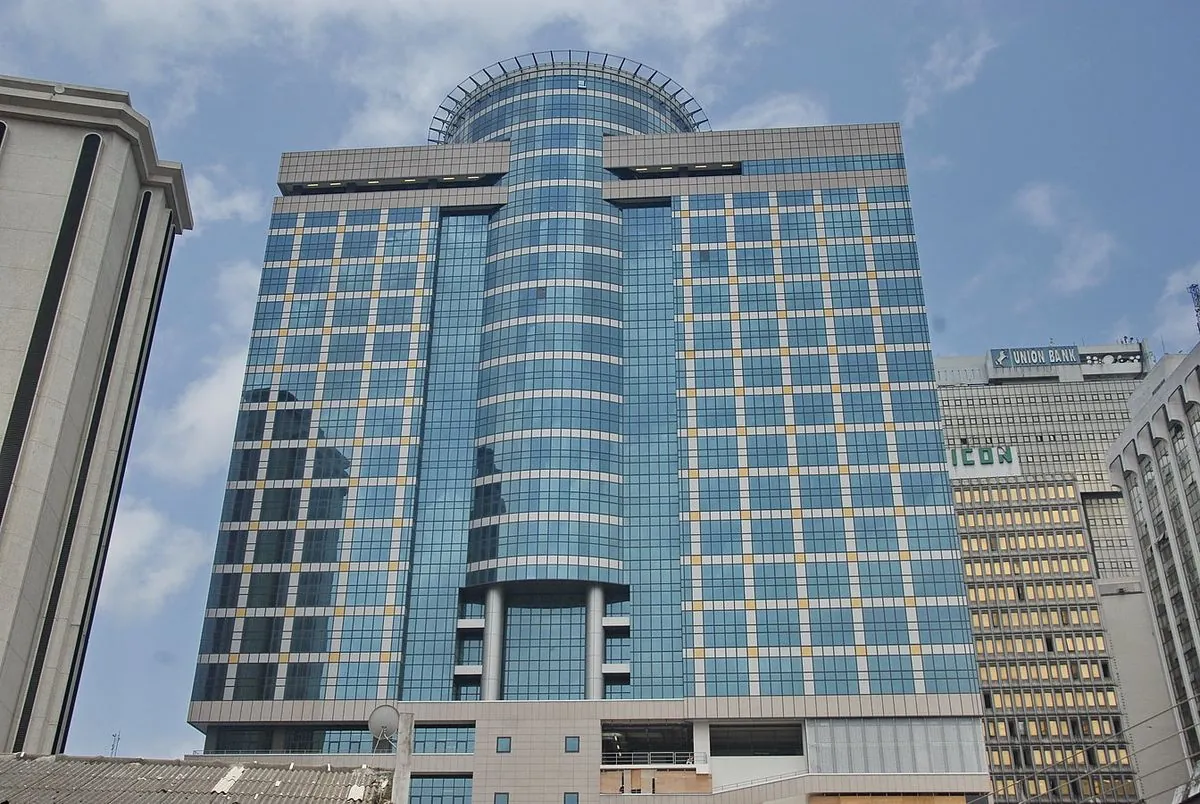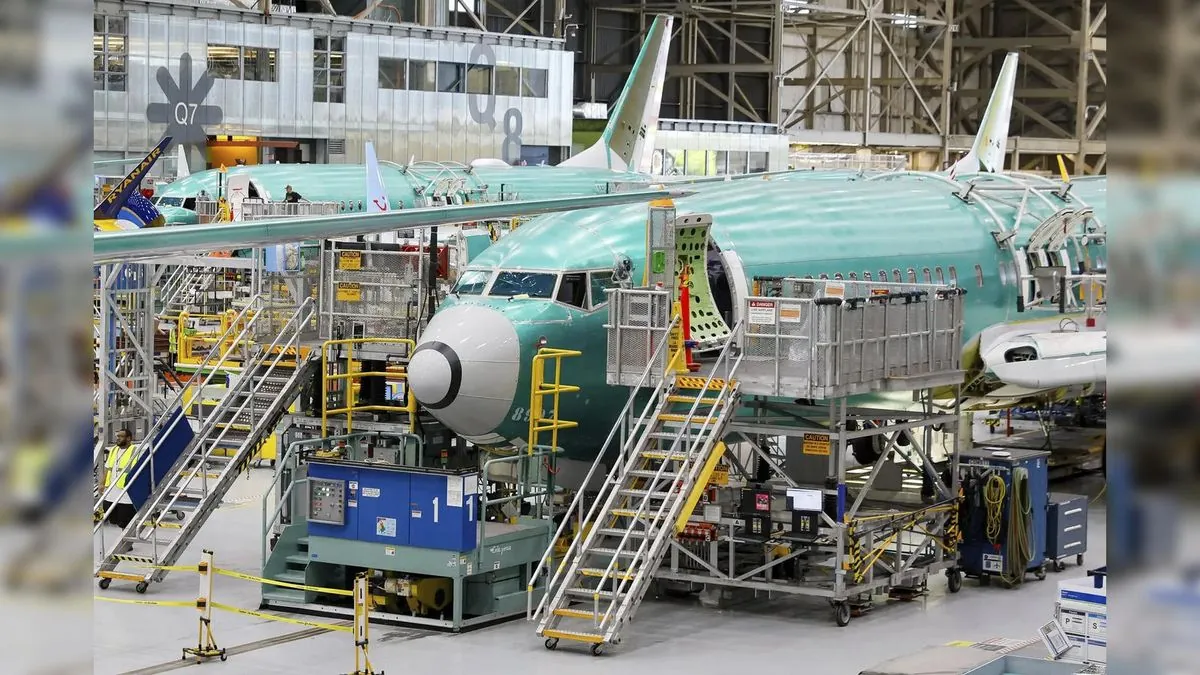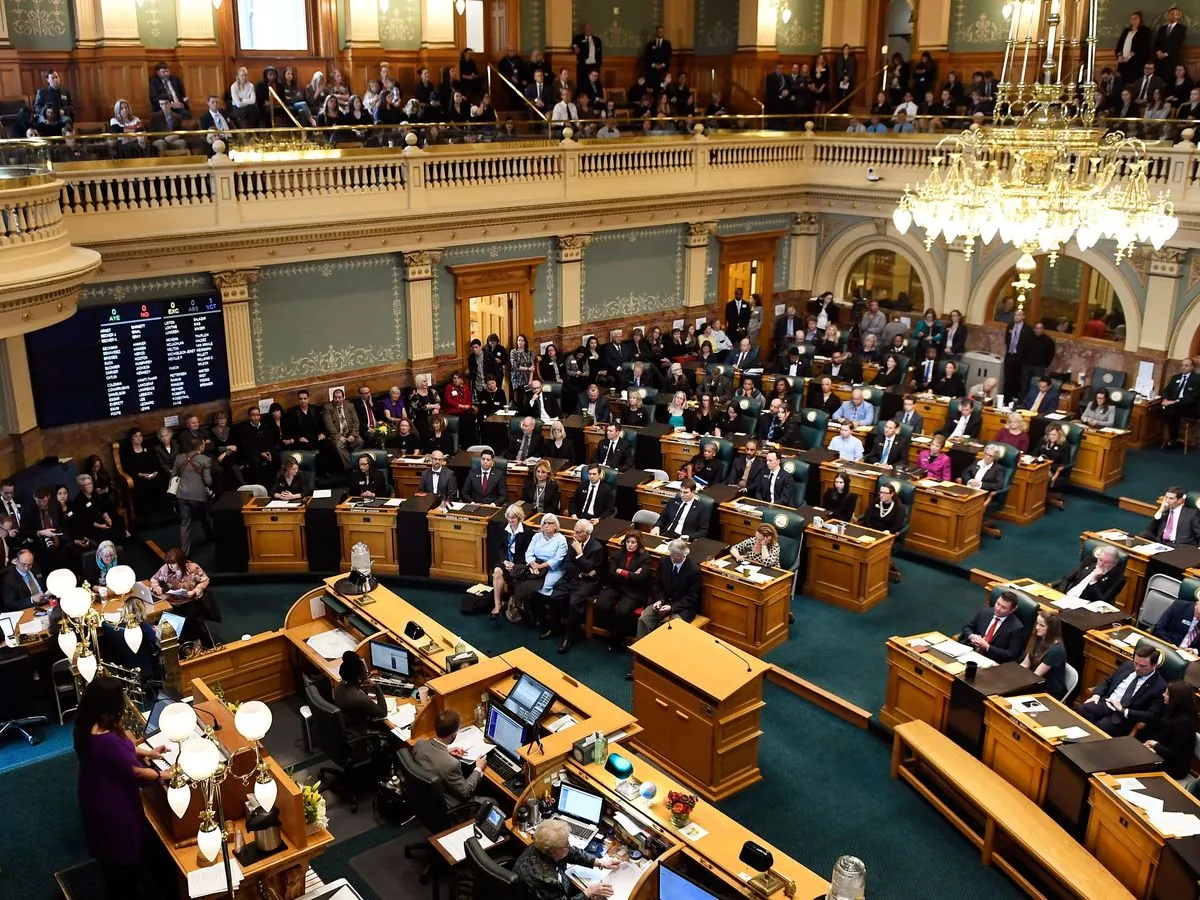Nigeria's Central Bank to Automate Forex Trades, Boosting Transparency
Nigeria's central bank plans to implement automated foreign currency trades in December 2024, aiming to enhance market transparency and eliminate distortions. This move follows the 2023 currency market liberalization.

The Central Bank of Nigeria (CBN) has announced plans to automate foreign currency trades starting December 2024, marking a significant shift from the over-the-counter trading system that has been in place for nearly a decade. This move is part of the CBN's efforts to enhance transparency and eliminate market distortions in Africa's largest economy.
Established in 1958, the CBN has been at the forefront of Nigeria's monetary policy decisions. The upcoming change aims to facilitate a market-driven exchange rate that will be accessible to the public, potentially addressing some of the economic challenges faced by the country with over 200 million inhabitants.
The new system is expected to reduce speculative activities and provide the CBN with improved market oversight. A two-week test run is scheduled for November 2024, allowing for necessary adjustments before the full implementation.

This transition comes in the wake of currency controls implemented in 2017 during a period of economic crisis. At that time, the CBN introduced multiple exchange rate regimes, including an over-the-counter trading system that masked the true value of the naira. The Nigerian naira, introduced in 1973 to replace the Nigerian pound, has faced significant pressures in recent years.
Under the current system, lenders are restricted to trading buy or sell orders from customers, which has limited dollar supply and negatively impacted the economy. The new automated system will allow the CBN to publish real-time prices and buy/sell order data, potentially increasing market liquidity and efficiency.
Nigeria, a major oil producer and member of OPEC, has long grappled with economic challenges due to its dependence on petroleum exports. The country has been working to diversify its economy, with a growing tech startup ecosystem in Lagos, often referred to as the "Silicon Valley of Africa."
As of October 4, 2024, the naira was trading at 1,634 to the dollar, reflecting the currency's continued volatility since the market was liberalized in 2023. This liberalization was part of broader economic reforms aimed at addressing Nigeria's economic challenges, including periods of high inflation that reached over 70% in the 1990s.
The automation of forex trades is a significant step for Nigeria's financial sector, which includes the Nigerian Stock Exchange, founded in 1960, the same year the country gained independence from British rule. This move aligns with efforts to modernize the country's financial infrastructure and improve its standing in global transparency indices, where Nigeria has historically ranked low due to challenges with corruption.
As Africa's most populous nation with a median age of about 18 years, Nigeria's economic policies have far-reaching implications. The country's diverse population, comprising over 250 ethnic groups with Hausa, Yoruba, and Igbo being the largest, relies on a stable and transparent financial system for economic growth and development.
The CBN's initiative to automate forex trades represents a crucial step towards creating a more robust and transparent financial ecosystem in Nigeria. As the country continues to navigate economic challenges and seek diversification beyond oil dependence, such measures may play a vital role in shaping its economic future.


































